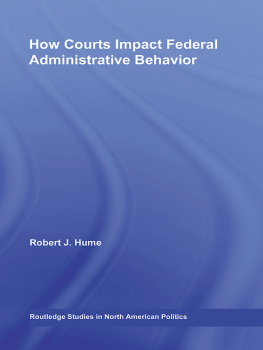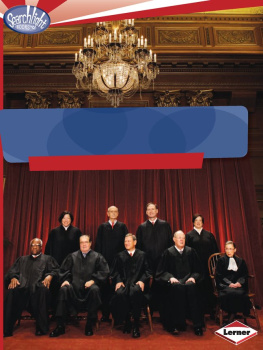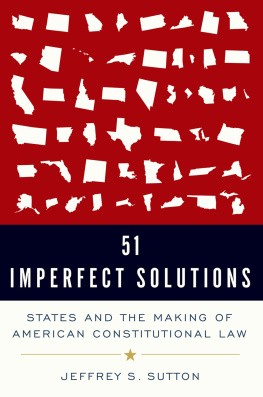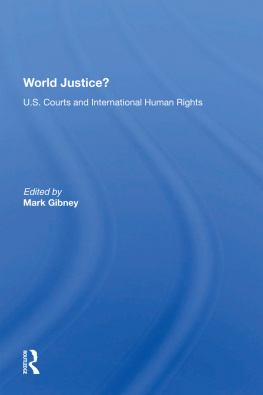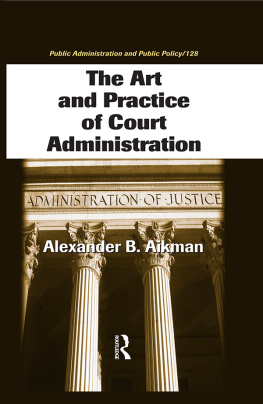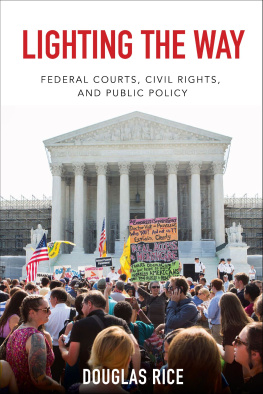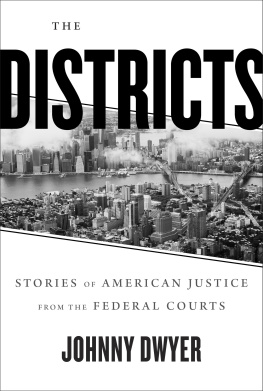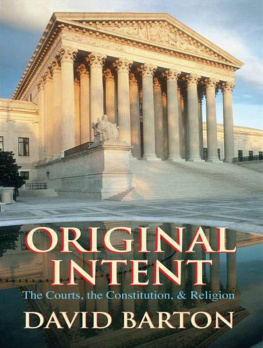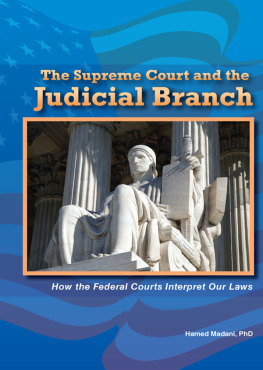How Courts Impact Federal Administrative Behavior
Routledge Studies in North American Politics
- 1. Political Institutions and Lesbian and Gay Rights in the United States and Canada
- Miriam Smith
- 2. Black Women, Cultural Images, and Social Policy
- Julia S. Jordan-Zachery
- 3. How Courts Impact Federal Administrative Behavior
- Robert J. Hume
How Courts Impact Federal Administrative Behavior
Robert J. Hume
First published 2009
by Routledge
270 Madison Ave, New York, NY 10016
Simultaneously published in the UK
by Routledge
2 Park Square, Milton Park, Abingdon, Oxon OX14 4RN
Routledge is an imprint of the Taylor & Francis Group, an informa business
This edition published in the Taylor & Francis e-Library, 2009.
To purchase your own copy of this or any of Taylor & Francis or Routledges collection of thousands of eBooks please go to www.eBookstore.tandf.co.uk.
2009 Taylor & Francis
All rights reserved. No part of this book may be reprinted or reproduced or utilised in any form or by any electronic, mechanical, or other means, now known or hereafter invented, including photocopying and recording, or in any information storage or retrieval system, without permission in writing from the publishers.
Trademark Notice: Product or corporate names may be trademarks or registered trademarks, and are used only for identification and explanation without intent to infringe.
Library of Congress Cataloging in Publication Data
Hume, Robert J.
How courts impact federal administrative behavior / by Robert J. Hume.
p. cm.(Routledge studies in North American politics)
Includes bibliographical references and index.
1. Judicial review of administrative actsUnited States. 2. Judicial opinionsUnited StatesLanguage. 3. JudgesUnited StatesLanguage. 4. Appellate courtsUnited States. 5. Administrative agenciesUnited StatesDecision making. 6. Administrative procedureUnited StatesDecision making. I. Title.
KF5425.H86 2009
347.7312dc22
2008054555
ISBN 0-203-87560-5 Master e-book ISBN
ISBN10: 0-415-99927-8 (hbk)
ISBN10: 0-203-87560-5 (ebk)
ISBN13: 978-0-415-99927-4 (hbk)
ISBN13: 978-0-203-87560-5 (ebk)
Tables
List of Federal Agencies Featured in the Study
Total Appeals and Administrative Appeals Terminated on the Merits by the U.S. Courts of Appeals, All Circuits (19602000)
Total Appeals and Administrative Appeals Terminated on the Merits by the U.S. Courts of Appeals, Results Divided by Circuit (Year 2000 Only)
Case Dispositions of Administrative Appeals Terminated on the Merits by the U.S. Courts of Appeals, All Circuits (19602000): Row Percentages in Parentheses
Frequency of Certiorari Petitions Filed in Administrative Cases, 19802000
Petitions for Certiorari from the U.S. Courts of Appeals, All Circuits (19602000)
Probit Model Predicting Certiorari Petitions by Federal Agencies in Response to Adverse Decisions from the U.S. Courts of Appeals (Robust Standard Errors in Parentheses)
Changes in the Probability that Federal Agencies Will File Certiorari Petitions in Response to Adverse Decisions from the U.S. Courts of Appeals
Amount of Policy Change Enacted by Agencies in Response to Adverse Decisions
Ordered Probit Model of the Amount of Policy Change Enacted by Agencies in Response to Adverse Decisions (Robust Standard Errors in Parentheses)
Changes in the Probability that Agencies Will Enact at Least Some Policy Change
Timing of Agency Responses to Adverse Decisions by FCC and FERC
Cox Regression Model of the Timing of Agency Responses to Adverse Decisions from the U.S. Courts of Appeals (Robust Standard Errors in Parentheses)
Percent Change in Hazard or Risk that FCC and FERC Will Respond to Adverse Decisions (as Independent Variables Move From Minimum to Maximum Values)
Number of Citations to Adverse Decisions by the Board of Immigration Appeals
Timing of Citations to Adverse Decisions by the Board of Immigration Appeals
Negative Binomial Regression Model of Citations by the Board of Immigration Appeals (Robust Standard Errors in Parentheses)
Predicted Changes in the Number of Citations by the Board of Immigration Appeals
Acknowledgments
Understanding how courts impact federal administrative behavior would not have been possible without the help of the individuals who actually work at federal agencies every day. I am very grateful to the federal administrators who allowed me to visit their agencies and spoke with me, often at great length, about how they respond to adverse court decisions and why they choose some responses over others. I am also very grateful to the former administrators and General Counsels who took time out of their current work schedules to reflect on their past experiences in government. The identities of these individuals are not reported, but their words are often quoted in the text and their contributions are the foundation of this book.
The faculty at the University of Virginia deserve special thanks for nurturing this project in its early stages. David Klein, David OBrien, and Steven Finkel in the Department of Politics were supportive from the beginning and have continued to encourage my work as it has progressed. My preparation for the interviews was assisted by David Martin and Richard Merrill from the University of Virginias School of Law, who themselves served as General Counsels at federal agencies and had direct personal experiences responding to courts. Other valuable suggestions for the project in its early stages were provided by Richard Drew, Gavin Reddick, Kathleen Ferraiolo, Lori Fritz, Daniel Coffey, Jean McSween, and Alison Meloy.
As the project developed I received advice on particular chapters at a number of academic conferences. A version of at the 2006 meeting of the American Political Science Association in Philadelphia, Pennsylvania.
I have also been grateful for the support of the faculty and administration at Fordham University as I completed the project. My colleagues in the Department of Political Science at Fordham have been particularly generous with their advice, and a number of the interviews were made possible by a faculty research grant provided by Fordham University during the 20062007 academic year. Emeritus Professor Stephen Wasby of the University at Albany read through a completed version of the manuscript late in the process and had a number of suggestions that greatly improved the final draft. Of course I am also very grateful for all of the assistance provided by editor Benjamin Holtzman, editorial assistant Jennifer Morrow, and the reviewers at Routledge Press.
Finally, I would not have been able to complete this project without the patience and love of my family. My wife Shannon has gone well beyond what one should reasonably expect of a spouse, providing not just emotional support but a keen editors eye. My daughter Megan has been a source of tremendous joy and rejuvenation. And my parents, siblings, and extended family have been my constant, enthusiastic cheerleaders. To them and others who helped make the completion of this work possible, I dedicate the book.
1 Words Matter
People judge you by the words you use, a talk radio ad announced as my taxi pulled up to my first appointment of the morning at a major federal agency in Washington. I was fumbling with my change at the time, momentarily distracted from the coming interview, when the broadcasters voice came over the airwaves. I was in Washington that week talking with administrators about their relationships with judges on the U.S. Courts of Appeals. I wanted to learn more about how agencies react to court decisions when they lose and whether judges can influence the responses of administrators using the language of their opinions.

